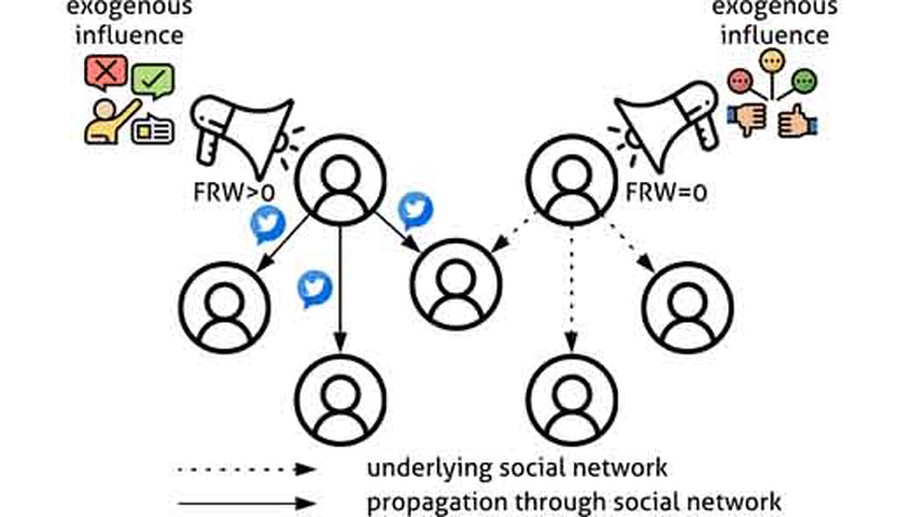Assistant Professor of Computer Science and Engineering
Indian Institute of Technology Jodhpur
Biography
Suman Kundu is an Assistant Professor of the Department of Computer Science and Engineering at Indian Institute of Technology Jodhpur. He received B.Tech in Information Technology from West Bengal University of Technology, Kolkata, India in 2005 and M.E. in Software Engineering from Jadavpur University in 2009. His doctoral research was carried out at Center for Soft Computing Research, Indian Statistical Institute between 2010 and 2015. He had visited engine group at Wroclaw University of Science and Technology from June 2018 to April 2019 for his postdoctoral research.
Dr. Kundu has more than 6 years of industrial software development experience with ZINFI Software Systems Pvt. Ltd., Kolkata. He published 8 articles in the area of social network analysis, granular computing, soft computing. His research interests includes social network analysis, network data science, soft computing, crowd sourcing, fuzzy and rough set, and granular computing.
Interests
- Social Network Analysis
- Network Data Science
- Crowdsourcing
- Granular Computing
- Soft Computing
Education
-
PhD in Social Network Analysis, 2017
Center for Soft Computing Research, Indian Statistical Insitute (Degree awarded by Jadavpur University)
-
ME in Software Engineering, 2009
Jadavpur University, Kolkata
-
BTech in Information Technology, 2005
Netaji Subhash Engineering College, Kolkata


